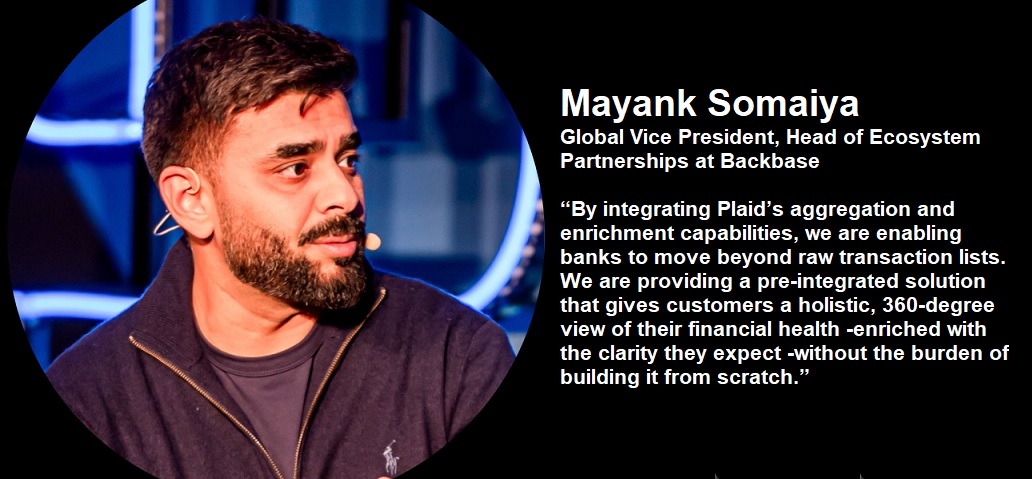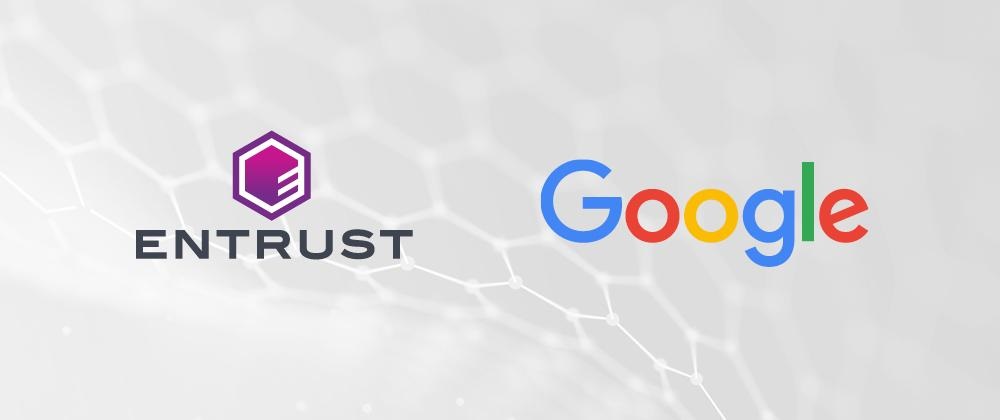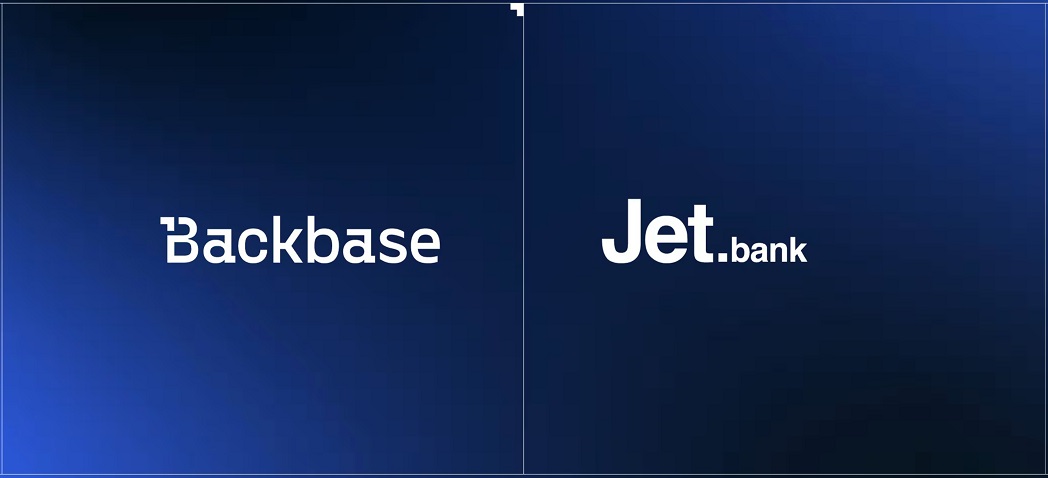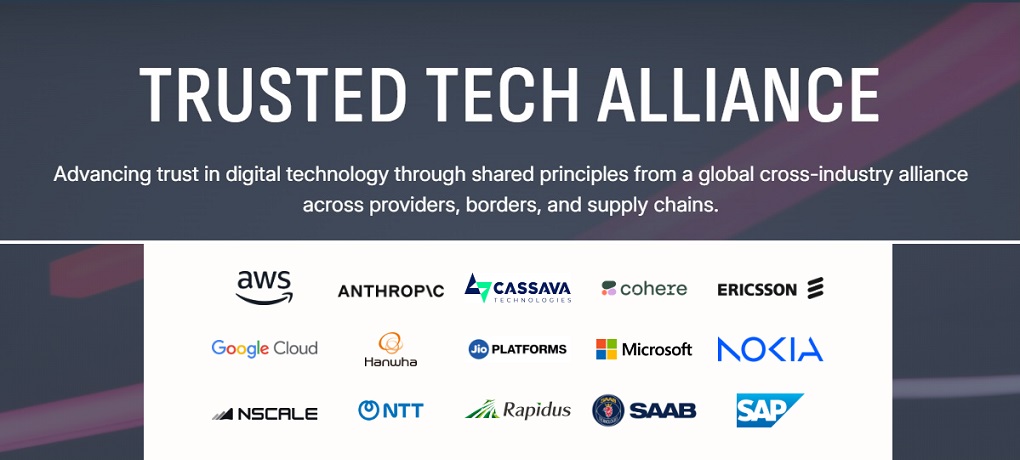Iceland launched the world’s first e-money license for blockchains issued under EU regulations
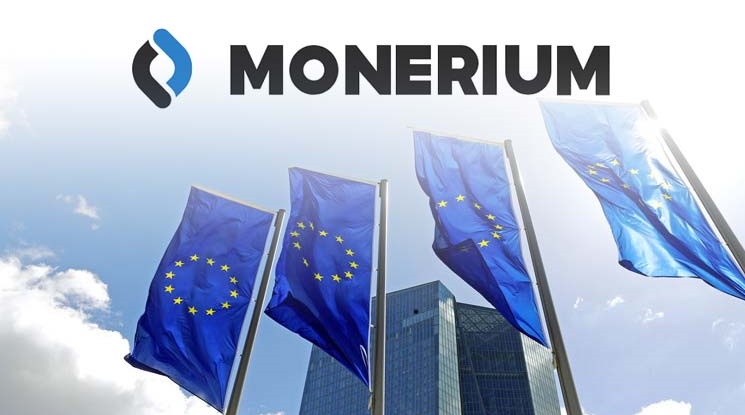
. E-money on blockchains removes intermediaries and automates processes in many sectors including payments, trade finance, securities settlement, and ecommerce.
. E-money is an established legal framework for issuing a “digital alternative to cash” and the best possible proxy for Central Bank Digital Currency available.
. The Monerium e-money platform is based on open standards and designed to support decentralized financial applications on any blockchain.
Monerium ehf. has received a license from the Financial Supervisory Authority of Iceland to issue e-money on blockchains through its subsidiary, Monerium EMI ehf. „The full license is the world’s first e-money license for blockchains issued under EU e-money regulations.”, according to the press release.
The license is passportable within the largest global economic zone, the European Economic Area, and to external jurisdictions subject to regulatory approval and destination country regulations.
„Designed as a digital alternative to cash, e-money is a proven framework for digital fiat currency already in use for pre-paid cards and mobile wallets. By issuing e-money on blockchains, Monerium removes the need for intermediaries and provides the ability to automate financial transactions in many sectors, including payments, trade finance, securities settlement, and ecommerce. At the same time, e-money on blockchains extends Satoshi Nakamoto’s vision of online peer-to-peer currency transactions to a regulated form of digital fiat currency.”, the company said.
Founded in 2015 by four repeat entrepreneurs with experience from finance and technology, Monerium has received seed investments from ConsenSys, Crowberry Capital, and private investors. Prior to the e-money application, the company founders authored a commissioned report on blockchains and financial services for an European financial institution and developed a pilot for tokenizing fiat currency in collaboration with ConsenSys.
Jon Helgi Egilsson, co-founder, chairman and former chairman of the supervisory board of the Central Bank of Iceland, announced the license in Stockholm on June 15 at The Future of Money: Central Bank Digital Currency Conference, saying „Monerium e-money encompasses the benefits of programmable money on blockchain, in addition to being the closest form of central bank money there is – based on a proven EU regulatory framework.”
“Receiving an e-money license is a major milestone towards achieving our goal of making digital currency accessible, secure, and simple to transact,” states Sveinn Valfells, CEO and co-founder. “To support our e-money issuance, we have developed a digital banking platform that is compatible with all leading blockchain protocols and extensible to other clients and financial services. Our platform is based on open standards and designed to support decentralized financial applications.”
Monerium is currently entering closed beta with initial customers and partners. The company plans to partner with distributed application developers and blockchain platform providers to make e-money available to consumers and enterprises across borders and protocols.
At Copenhagen FinTech Week on June 18th, together with Monerium CTO and co-founder Gisli Kristjánsson, Valfells also announced the closed beta and partnership programs .
Dariusz Mazurkiewicz – CEO at BLIK Polish Payment Standard
Banking 4.0 – „how was the experience for you”
„To be honest I think that Sinaia, your conference, is much better then Davos.”
Many more interesting quotes in the video below:
